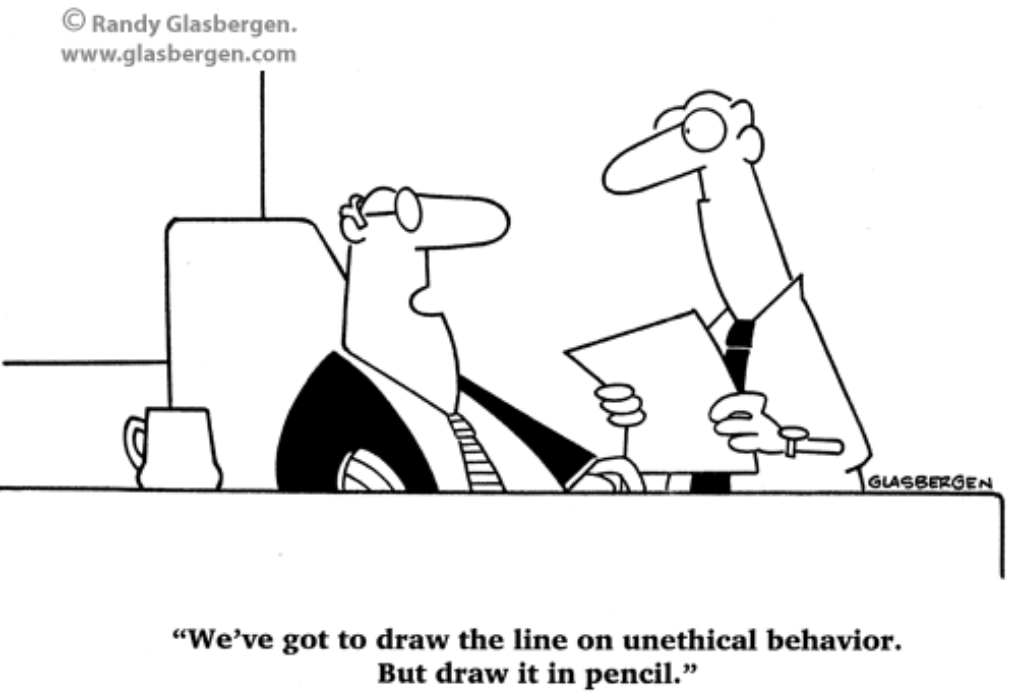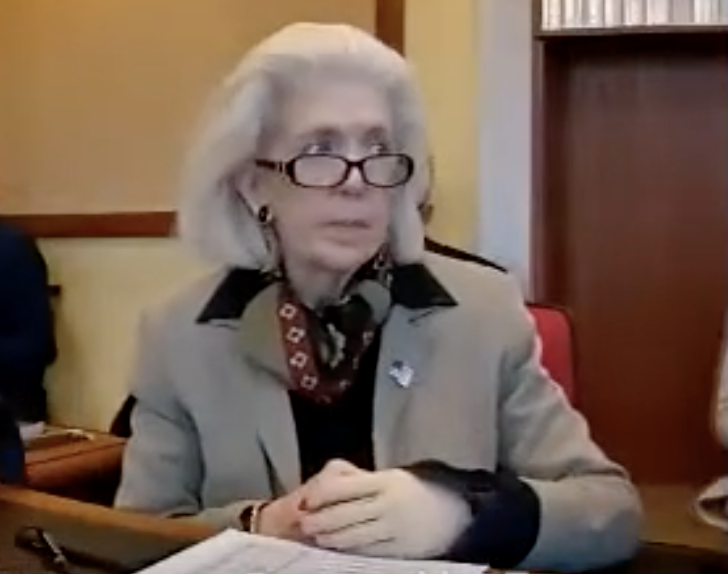Maybe it’s my inner flatlander, accustomed to the sometimes shady dealings in other states’ politics, but I get even more cynical than usual on the subject of ethics in the legislature.
The subject comes to mind today because of Paul Heintz’ excellent column in this week’s Seven Days, which chronicles the fitful, woefully inadequate first steps of the newly minted House Ethics Panel.
Until now, as Heintz reports, “Vermont was one of just 10 states without any sort of internal legislative ethics committee empowered to investigate potential wrongdoing… [and] remains one of just eight states without an external ethics commission.” (Emphasis his.)
The House panel barely qualifies as an overseer of ethics. Its chair, David Deen, hopes to keep investigations secret “to protect from public embarrassment those who are wrongly accused.”
Oh, that’s nice. We wouldn’t want one of our public servants to suffer embarrassment. What say we apply the same standard to court cases? If a lawmaker needs to be shielded from “public embarrassment” over an ethical matter, how much worse is the potential embarrassment of, say, a charge of murder?
I’d also remind the good Representative of something that often gets lost under the Golden Dome of Silence: these people work for us, and should be answerable to us. If that includes the occasional “public embarrassment,” well, tough.
The purest form of insular Statehouse sentiment comes from the Senate, which remains blissfully unencumbered by any sort of ethics committee. President Pro Tem John Campbell assures us that “Vermont is one of the cleanest states.”
No way to prove that, of course. Not without an ethics panel. Which we don’t need, because John Campbell says so.
I really don’t know if Vermont is a particularly clean state. We certainly have our share of public corruption, especially in situations where no one is on guard — such as the numerous cases of embezzlement by small-town officials or the odd drug addict overseeing a police evidence storage room.
Most of our public servants do have good intentions and work hard for very little reward, but there’s a whole lot of potential for ethical violations baked into our system. Lawmakers routinely cast votes that have an effect on their non-legislative work. They spend a substantial amount of time with lobbyists, and many friendships result. (Campbell is, I’ve been told, best buds with one of the top Black Hats in town.) They depend heavily on those lobbyists for political contributions and for policy advice, since all but the top leaders have no staff support.
To some extent, Vermont has some measure of protection from serious scandal because it’s such a small place. But in other ways, our smallness makes us more vulnerable. Example: the Colchester Police Department brusquely dismissed initial complaints about Tyler Kinney because, well, he was One Of Us and couldn’t possibly have been a thief and addict who compromised countless criminal investigations.
Except he was.
There may be no big undiscovered scandals at the Statehouse, but there is a faintly rancid smell about the clubbiness of the place. It could use the occasional blast of fresh air. And we could use an ethics panel with independence, transparency, and a good sharp set of teeth.


